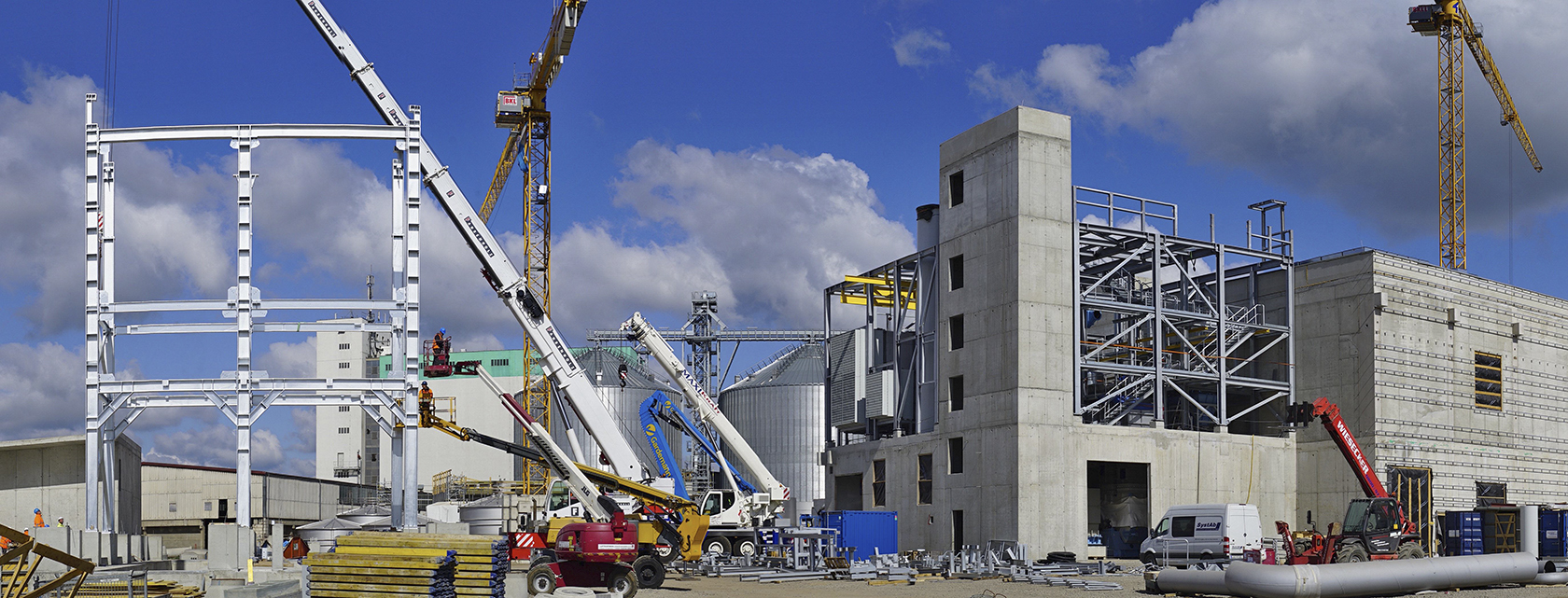Building Better Construction Through AI and Web 3.0

It’s hard to think of an industry more essential than construction. Humans have always built and will always need to build, so it is crucial that the techniques we use are suited to the times we live in. It’s for this reason that I’m interested in why there has been so little uptake of AI or Web 3.0 technology within the construction industry.
Shaking Things Up
The construction industry has largely tended to progress independently of other sectors. In some ways, this desire for independence makes a lot of sense: construction is a delicate business, solutions can be costly, and the vetting period for any kind of technological addition is understandably undesirable. On the other hand, these concerns have caused the sector as a whole to be many years behind on the kind of digital transformation that’s taken over and empowered other industries. In the post-COVID era, this reluctance to adopt digital solutions is a serious limitation.
Of all the digital technologies currently on the market, AI and Web 3.0 technology have the greatest potential to truly shake things up in the construction industry. These technologies are positioned to disrupt, advance, and improve the way construction companies envision and execute their projects. I have no doubt that we will see differential performances within the sector as some companies dive in and other companies hesitate.
A Smarter Way to Build
While we tend to associate construction with familiar images of handheld tools and heavy machinery, there is much that goes on behind the scenes–this is where AI comes into the equation.
AI and Web 3.0 have a data-reach that the industry has never before seen. It can change everything, from the way data is compiled and analyzed, to the way a crew works, orders, and forecasts, and even the way a building is tested, managed, and maintained. It is capable of providing an element of oversight and efficiency that can revolutionize both on-the-ground and back-end processes.
This disruptive potential is the reason I invested in Digibuild, a world leader in harnessing the power of blockchain technology to offer innovative solutions to problems that have long plagued the construction industry. Construction projects typically involve multiple parties who do not always see eye-to-eye, making them notoriously vulnerable to fraud: using blockchain technology, Digibuild is able to create detailed, easily searchable, and immutable records of all the paperwork related to a given project. This offers all parties involved a massive boost when it comes to sorting through the chaos of documentation, vastly increasing efficiency across the board.
As groundbreaking as it is, this total overhaul of how construction projects manage their record-keeping is only one of the services they offer. Here are some other innovations they bring to the table:
- Enabling all crews in a project to collaboratively organize and execute the purchase and delivery of essential materials.
- Creating searchable, verifiable records that stakeholders can easily access.
- Streamlining the payment process to allow payments to be processed up to 4x faster than competitors.
And that is just on the back end. We are also seeing new developments, such as machine-learning informed risk mitigation, self-driving construction machinery, and post-construction monitoring, that will transform the way crews actually build, making construction sites safer, easier, and more efficient than they have ever been.
Letting Data Drive Construction
In today’s economy, access to data makes all the difference, and AI and Web 3.0 technologies are unmatched when it comes to accessing and making effective use of data. The staffing power it would take for a traditional approach to simply accumulate the amount of data that AI-empowered technologies have access to is almost incomprehensible. Add in the next steps of compiling, studying, and creating patterns and predictions out of the data, and it becomes clear why AI and Web 3.0 are necessities for anybody working with huge quantities of information.
By harnessing data to help construction companies better execute their tasks, AI can transform them into more profitable businesses. AI has proven remarkably effective in areas such as lead generation, business optimization, and client management. AI-empowered data analytics can give construction companies insight into their own decision-making patterns, allowing them to have a clear view of which kinds of decisions lead to the right kind of yield.
The scope and precision of these analytics makes them an essential tool for decision makers and business owners, who can use them to prepare for expansion across new markets, focus on certain kinds of leads, and optimize communications and marketing strategies to ensure they are their target client’s top choice. By minimizing uncertainty and providing more reliable revenue projections, AI can help construction companies, as well as those interested in investing in them, make the most informed decisions possible.
Looking Ahead
It’s no secret that the effective use of AI and Web 3.0 technologies can completely transform the way a business operates. While AI’s uses might be more obvious for some sectors than for others, I think that anyone, regardless of their industry, would benefit from looking into what AI and Web3.0 have to offer them. In the case of construction, there is much to be learned and much to be gained from implementing AI-powered technologies; it’s exciting to imagine what they might help us build.
